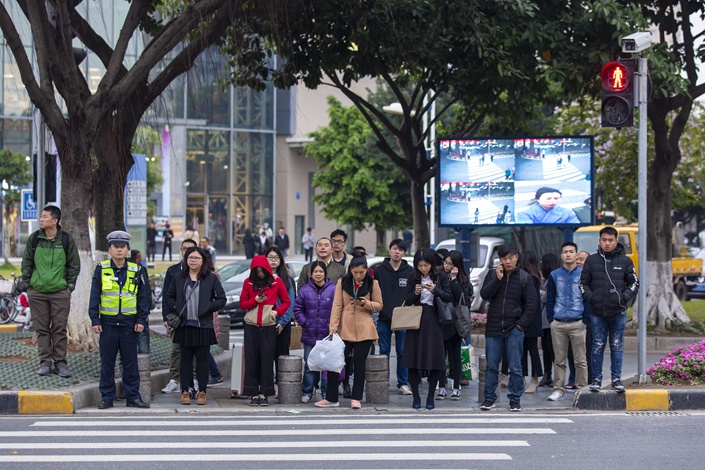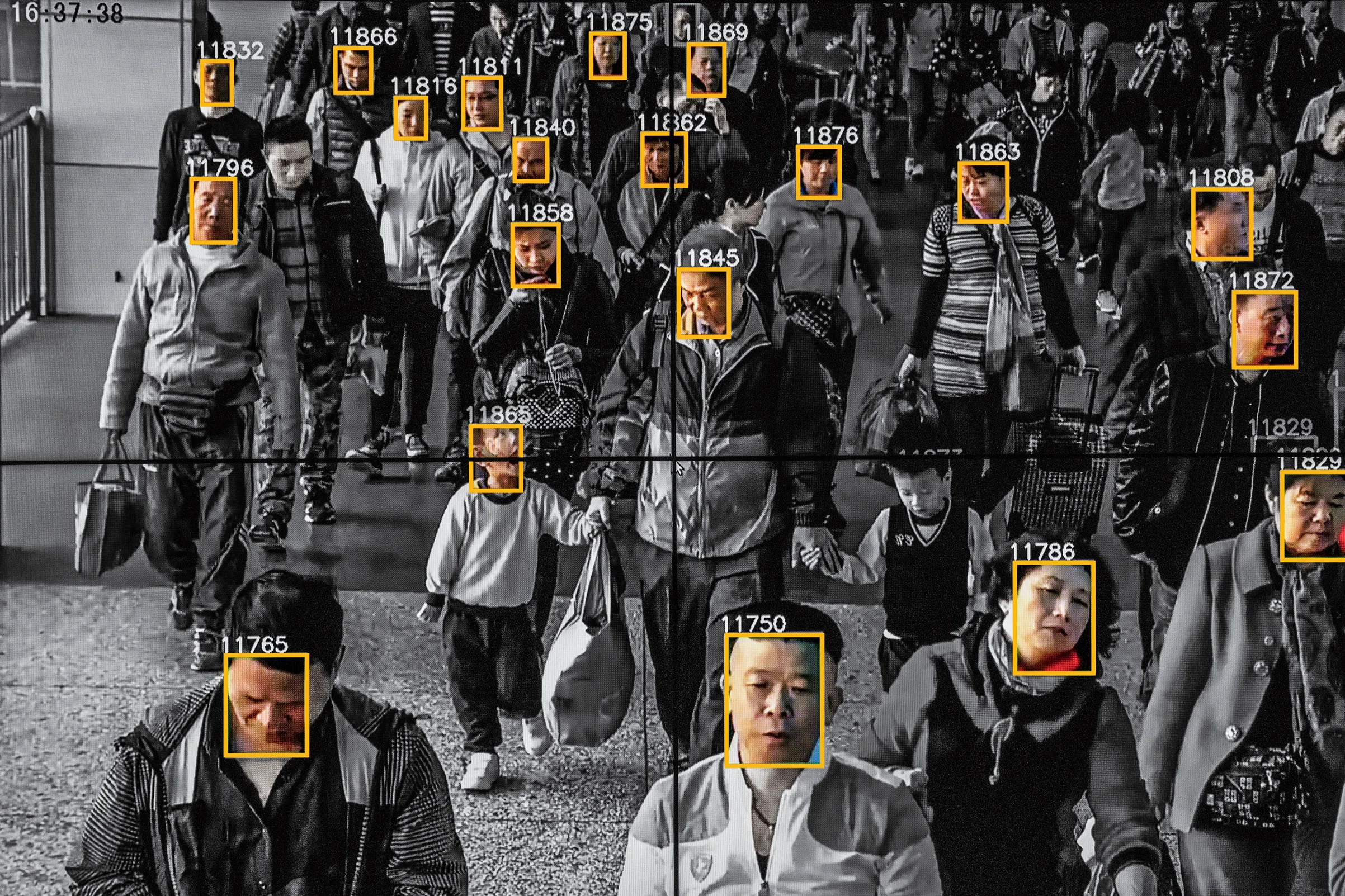Social norms and laws enforce good citizenship in our societies, but, what if the making of good citizens were to go a step further. Introduced by the Chinese Communist Party (CCP) in 2014, The Social Credit System (SCS) is essentially a massive database that monitors the behaviours of individuals, organisations, and corporations across China: everything you do is tracked.

The Mechanics of Digital Monitoring
The CCP has set up a network of surveillance systems including cameras, tracing, and citizen watchdogs, all through which each citizen is given a score ranging from 350 to 950. Scores then translate into an individual’s credibility and trustworthiness and can determine the results of applications for personal loans, jobs, visas and even activities you’re allowed to do- boarding a train or hiring a bike. By 2018, due to low credit scores, more than 11 million people had been placed under limits on the purchase of airline tickets. Having said that, on the flip side, those with high scores are rewarded with coupons, hiring preferences and much more. While the system may seem harsh and oppressive… is this necessarily a bad thing?
Without the blockage of democratic procedural conditions, the enhanced capacity seen within authoritarian states, such as China, allows greater performance legitimacy through initiatives such as the SCS. Regardless of Western apprehension, China’s authoritarian nature and SCS have allowed for an extremely efficient, almost utopian society. According to Roberto Stefan Foa, professor of politics at the University of Cambridge, “while Western democracies can still claim to offer the political system that best guarantees a voice for citizens in public affairs, as well as recognition and respect for individual dignity, authoritarian-capitalist regimes can claim to offer an alternative pathway to economic modernity and national prestige”.
The State Council of the People’s Republic of China document outlining the construction and planning of the SCS claims that a “modern market economy is a credit economy”. The SCS is put forward as a tool that reduces transaction costs and government bureaucratic interventions in the economy, further globalising China’s economy. Hence, it is clear Foa’s alternative pathways of economic modernity and national prestige are the priority for China.
Remarkable Effectiveness
Within an authoritarian system, the SCS only adds further order and stability. Upon its introduction, the State Council of the People’s Republic of China stated that there is bound to be an “improvement in the integrity and credibility of the whole society”. Indeed, within the provinces where the system was initially implemented, there is evidence to suggest not only effectiveness but, great success. Suburbs are notably cleaner with increased volunteering. There are hundreds of examples of individuals settling outstanding debts in the wake of the SCS. Finally, criminal activity has decreased substantially.
With constant surveillance and ranking, China’s citizens are always on their best behaviour. The CCP’s introduction of the SCS back in 2014 raised Western fears of data usage, privacy and freedom. However, once our democratic standards and expectations are put to the side, the SCS can be seen as an extremely effective and successful tool within an authoritarian context. Encouraging good behaviour and decreasing criminal activity is not only looked favourably upon by the CCP but, according to varies studies and surveys, has garnered citizen support as well.
Who’s Watching You?
The SCS is not just a Chinese phenomenon but potentially a glimpse into a broader technological future. As digital surveillance capabilities expand globally, the line between protection and oppression becomes increasingly blurred, challenging our understanding of personal privacy and social control.
While many Europeans might view China’s social credit system with alarm, the reality of surveillance in European nations may be closer than we think. Take France, for example, where sophisticated surveillance systems have been steadily expanding under the radar of public awareness.
The French government has increasingly deployed facial recognition technology, expanded digital monitoring capabilities, and enhanced data collection systems – often under the banner of national security or administrative efficiency. While not explicitly branded as a social credit system, these tools create a comprehensive framework for monitoring citizen behaviour.
For the most part, the French public have quite a strong and opposing reaction. However, some positive reactions towards a more surveilled country can also be found.
China’s Social Credit System challenges us to reconsider fundamental concepts of citizenship, individual rights, and social organisation. As we move further into the digital age, the critical question remains: In our pursuit of efficiency and order, what essential human qualities are we willing to sacrifice?




Leave a Reply